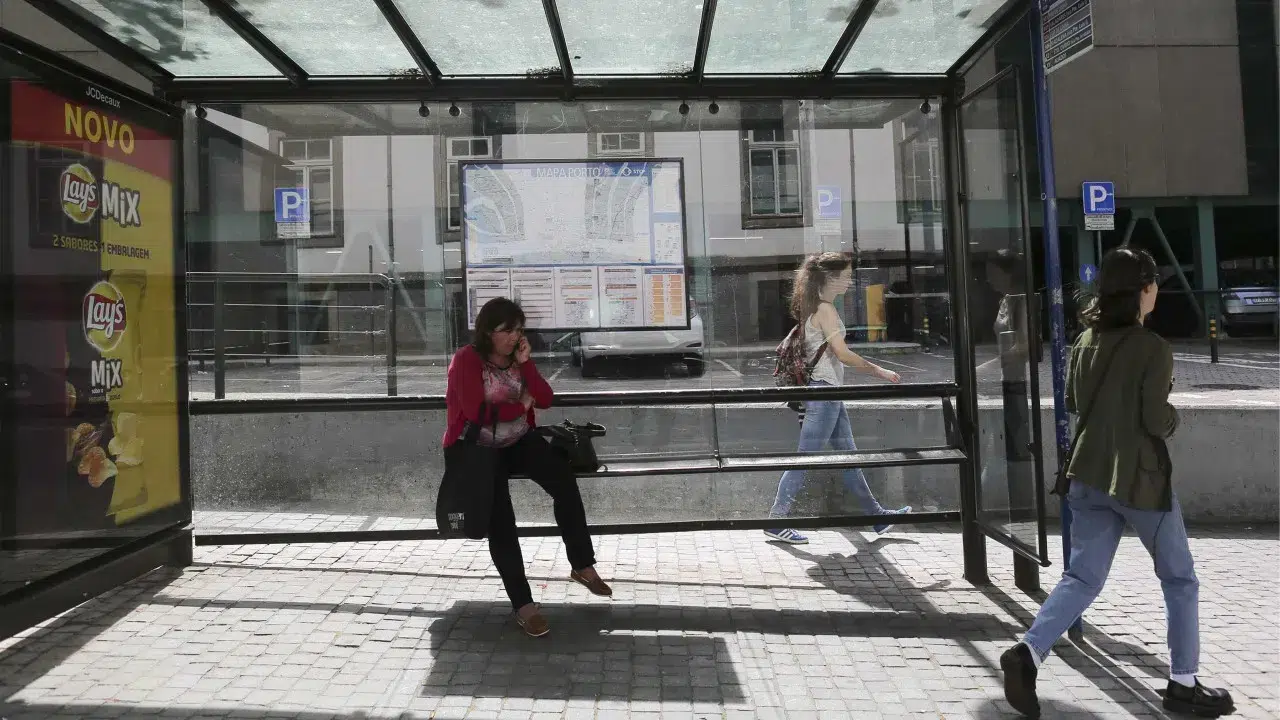
Public transport users in Portugal are increasingly dissatisfied with the hygiene conditions of collective vehicles.
Between January 1 and July 20, 2025, there were 1,172 complaints filed on the Portal da Queixa against the sector, covering categories such as “Public Passenger Transport” and “Train and Subway”.
The primary reason prompting passengers to complain is poor transport functionality, accounting for 27.4% of the complaints.
However, lack of hygiene follows closely, motivating 23% of the complaints. Calculations show there are about 270 complaints solely due to poor hygiene conditions.
Passengers report the presence of cockroaches on public transport
The Portal da Queixa received various complaints about a lack of hygiene, specifically the accumulation of garbage and unpleasant odors.
More severe reports have also been submitted: witnesses have seen cockroaches inside vehicles, indicating infestation.
Ana Apolinário described seeing cockroaches climbing the legs of passengers on a Carris Metropolitana bus. The incident reportedly occurred in May in the Sete Rios area. “Cockroaches were spotted on the floor of the vehicle, even climbing the passengers’ legs,” she recounts. “The cockroaches were small, about 1-1.5 cm, suggesting the presence of a colony,” she adds in her complaint.
Another complaint by André Soares indicates the situation is similar on the buses of the Sociedade de Transportes Coletivos do Porto (STCP), stating that “it is frequent” to encounter cockroaches. He adds: “Moreover, it is particularly concerning that some drivers react with indifference to the discomfort and indignation of passengers, sometimes even laughing at their disgust and shock.”
Which entities receive the most complaints?
Carris Metropolitana is the entity with the most complaints on the portal, accounting for 19.97% of them. It is closely followed by CARRIS (with 18.52%) and then CP – Comboios de Portugal (with 16.98%).
In the middle of the table are UNIR, operating in the Porto district (13.48%), Fertagus (9.64%), and STCP (4.44%).
With the fewest complaints are Metro do Porto (4.18%), Metro de Lisboa (3.41%), the Municipalized Urban Transport Services of Coimbra (2.39%), and the Barreiro Collective Transport (2.05%).
Most complaints originate from the regions of Lisbon, Porto, and Setúbal, where population density is also higher.
The majority of passengers filing complaints are women (56.51%) and consumers aged between 25 and 54.
Complaints have already increased this year
The number of complaints, especially in April, May, and June this year, has significantly increased compared to 2024. There was a 27.21% rise in complaints compared to the previous year.
In June, the number of complaints more than doubled compared to 2024, with a 57.81% increase.
The most common grievance is service failure or poor quality, followed by lack of hygiene.
These are followed by delays and interruptions (14.68%), inefficient customer service (11.86%), financial and contractual issues (9.3%), safety concerns (8.7%), and technical and operational failures (3.75%).
The founder of Portal da Queixa, Pedro Lourenço, highlights that this year “almost one in four complaints related to the sector report unhygienic situations, some truly alarming, like the presence of cockroaches.”
Lourenço believes that the data should serve as a wake-up call for public transport entities “who cannot continue to ignore such a basic issue as hygiene in collective vehicles.”




